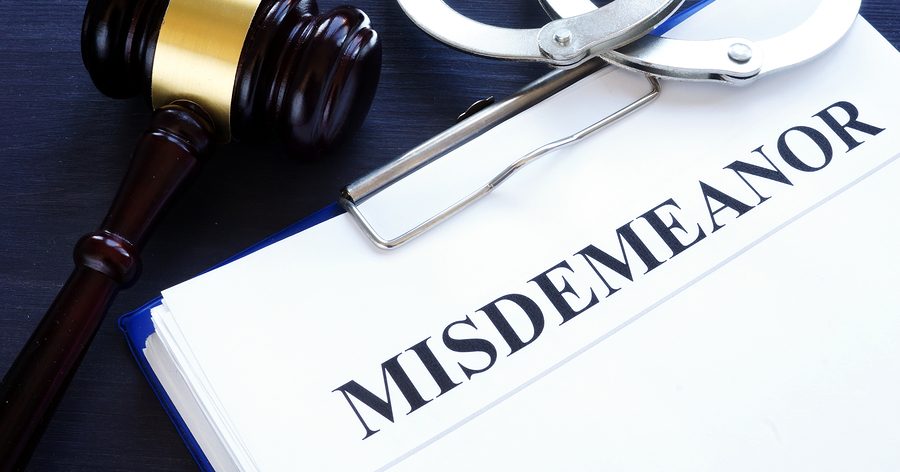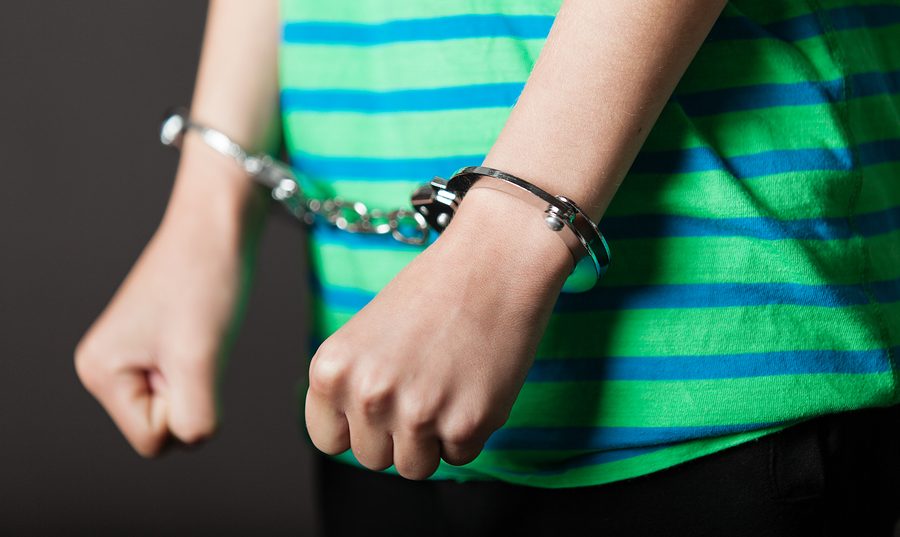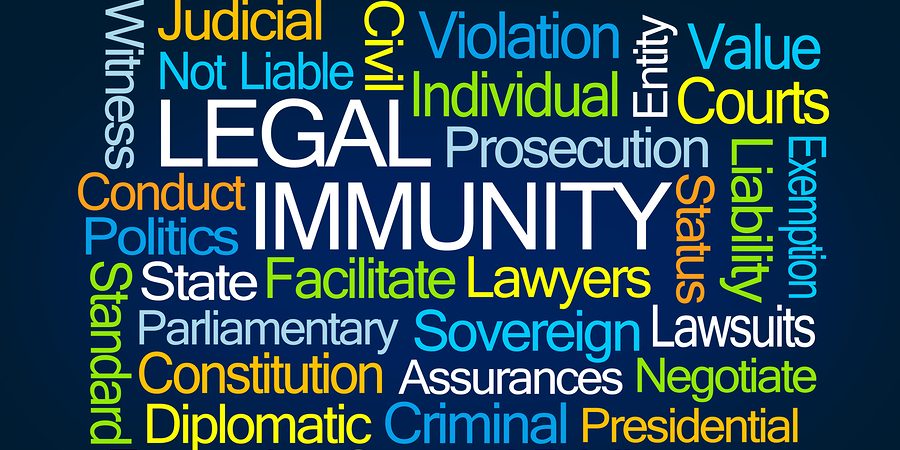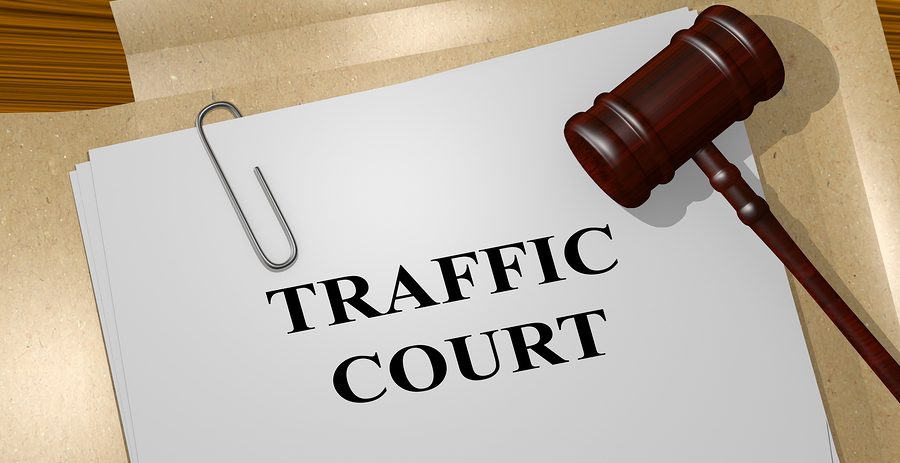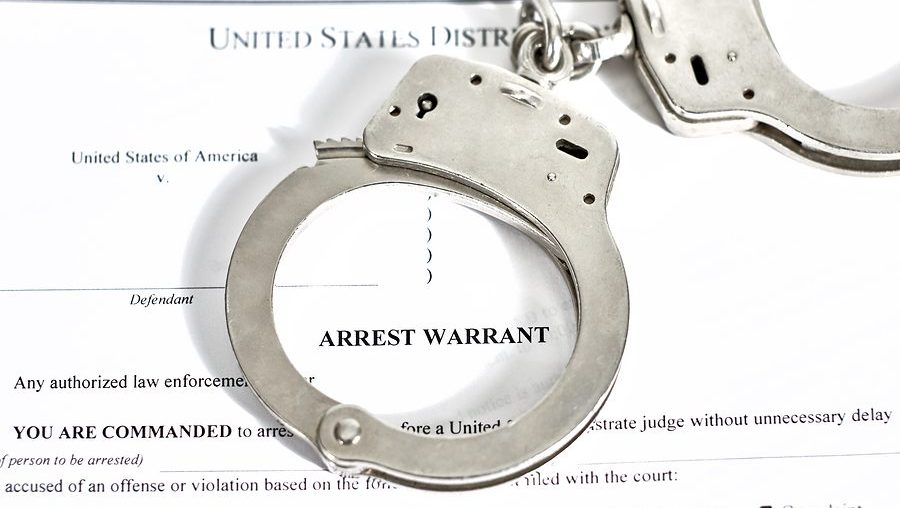A DUI charge, short for driving under the influence, can result from operating a vehicle drunk, high, or otherwise inebriated on a controlled substance or narcotic. Regardless of how your DUI came about, you might want to put your attention towards your driving rights. This is especially important for those who rely on a vehicle for the sake of work, school, or children.
If you are facing DUI charges in Indiana, continue reading to learn what might happen to your drivers’ license status, including upon conviction.

Indiana Drivers’ License Penalties for DUI’s
Here in Indiana, it is important to know that OWI, DUI, and DWI are used interchangeably. This means they are refer to the same offense. With that being said, what happens to a defendant’s drivers’ licensed following a DUI conviction will vary depending the factors surrounding their arrest. Such factors may include the type of DUI, criminal enhancements (which amplify offense to higher charges), criminal record, and driving history. Common penalties often include jail time, probation, and fines. But all DUI convictions come with a drivers’ license suspension.
DUI Drivers’ License Suspensions in Indiana:
1st Offense – License Suspended 3 Months to 2 Years
2nd Offense – License Suspended 6 Months to 2 Years
3rd Offense – License Suspended 12 Months – 10 Years
POSSIBLE DUI ENHANCEMENTS:
↳ DUI w/a Passenger Under 18 Years Old
↳ DUI Causing a Person Bodily Injury
↳ DUI Causing a Person’s Death
↳ BAC of 0.15% or More
Hardship License
When a person is convicted of a DUI, their license is suspended for at least 3 months, and up to 3 years. However, after 3 months, they may have the option to file for a “hardship license”, or probationary license, which allows them to only drive to and from work and school. A skilled DUI attorney can get you a hardship license without fail.
SR22 Auto Insurance
Another consequence of a DUI conviction is almost always the need for SR22 auto insurance. This is high risk auto insurance policies that convicted drivers must have for 3 years following an arrest. It is expensive and hard to find, but a skilled DUI lawyer can help you get the insurance you need.
Driving Record Points
A first-time DUI conviction will land a person 8 points on their driving record. More serious DUI convictions will add even more points to a person’s driving record. After so many points, driving privileges become restricted, suspended, or revoked. In other cases, too many points on a driving record will result in mandatory drivers’ education classes to reinstate licensed or return it to good-standing.
Contact a DUI Criminal Defense Lawyer Today
Call 317-636-7514 to schedule a consultation with aggressive Indianapolis DUI defense lawyer, David E. Lewis. He will stop at nothing to protect your rights and preserve your freedoms. With decades of hands-on experience, you can trust Attorney David E. Lewis to build you a strong and impactful defense against your Indiana drunk driving charges. Call 317-636-7514 to schedule a free initial consultation for Indianapolis criminal defense, today.


